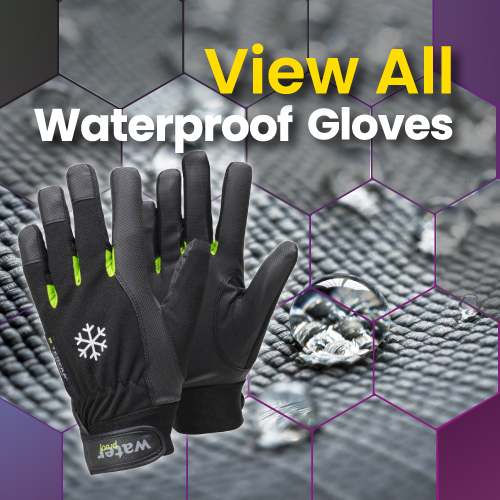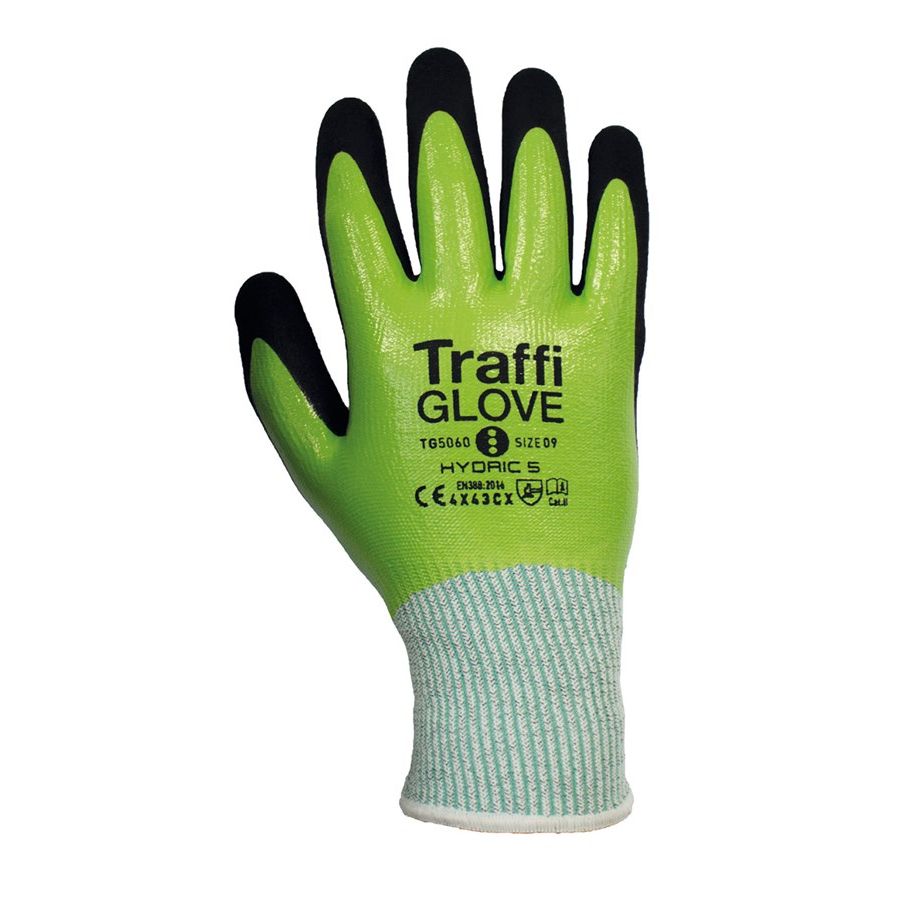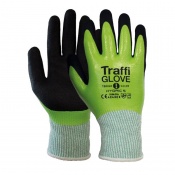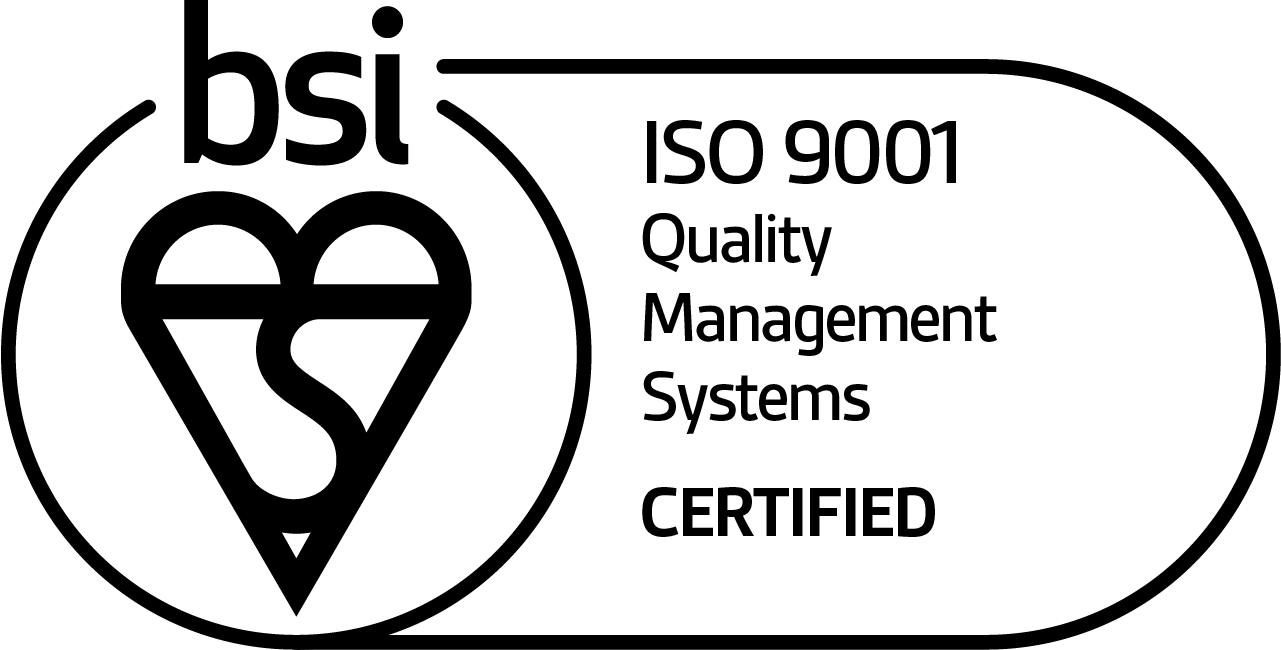| The TraffiSafe System Revised2 October 2018 You may be familiar with TraffiGlove's old TraffiSafe System, a simple colour-coordinated cut-resistant measuring system that allowed users to easily identify which colour gloves meet which level of cut-resistance. It was a way for people to understand the level of protection that their TraffiGlove gloves will offer, without wasting time trying to understand different standards and regulations. Unfortunately, all good things must come to an end, and the old standard, EN 388:2003, has been replaced with a new standard, EN 388:2016, meaning that a new TraffiSafe System is required. The Old SystemJust in case you've forgotten, here is a small re-cap of the old TraffiSafe System. Red means that the gloves are cut resistance 1, amber means that the gloves are cut resistance 3, and green means that they achieve level 5 cut resistance. Cut resistance was measured by cutting a glove with continuous cycles as a way of measuring its resistance to cuts, as seen below:
At the moment, all of our TraffiGlove gloves that where designed before 2016 will follow the old system, however keep your eyes open because this will change in the future as the gloves are re-tested under the new system. EN 388:2003 vs EN 388:2016Under the old EN 388 standard, a gloves cut-resistance was tested by applying a circular blade to the gloves, and measuring how many cycles it will take for the blade to cut through the material. Under the new standard, the fabric is subjected to a test called ISO 13997, and works by applying the material with differing levels of force to see how long it takes for a sharp-edged blade to cut the sample fabric. The force is increased in Newtons, and the tests results follow these guidelines:
The New TraffiSafe SystemThe new system still operates on the same basis as before. The traffic lights based design says that red offers the lowest protection, amber in the middle, and green with the highest level of cut resistance. The full breakdown of how the levels and colours correspond can be seen in the table below:
Without letting things get too confusing, this test is far harsher. A level 5 cut resistant glove from EN 388:2003, could achieve only a level C under the new system, meaning that the degree of accuracy is far more precise. We would recommend that you use red gloves for lightweight tasks such as handling and assembly, amber gloves for tougher jobs that require handling coarse materials such as in construction, and green gloves for heavy-duty tasks in high risk environments, with gloves that achieve a level of E or F being reserved for applications with the highest risk such as glass and sharp metal handling. A Case StudyThe TraffiGlove Hydric Cut Level C TG5060 Gloves are new gloves that have been tested under the new standard. TraffiGlove make it easy to understand the level of cut-resistance from the title. The TG5060 Gloves achieve the score 4X43C under the new system. They have been tested to the same abrasion, tear and puncture tests as before, but the cut test has changed, and the C is now located at the end of the score, with the X designating it hasn't been tested to the old EN 388 cut resistant score. As you can see from the glove, the glove comes in the colour green, signifying that they offer an excellent level of cut-resistance and can be used in most high-risk environments. The score is also placed on the back of the glove making it easily identifiable. Don't Be Put Off by the New TraffiSafe SystemThe new TraffiSafe System is easy enough to understand. Remember that you have three ways of checking their cut resistance. Their colour, the code on the back of the gloves, and the standard will be laid out in front of you when you click on the glove on our website. If you're still stuck, our customer care team on 020 7501 1104 will always be delighted to help. If not, you can browse our range of TraffiGlove Gloves on our website, and if you have anything to add, leave a comment below!
|







